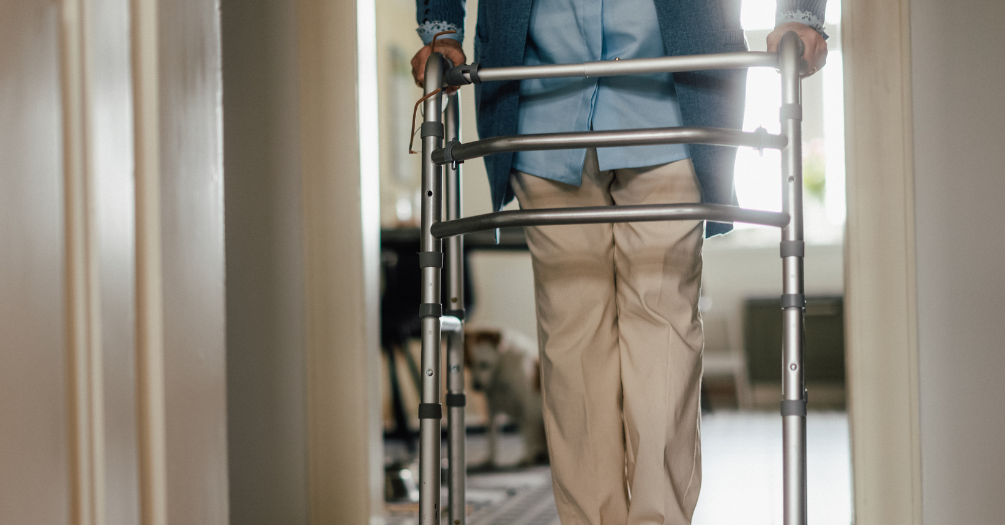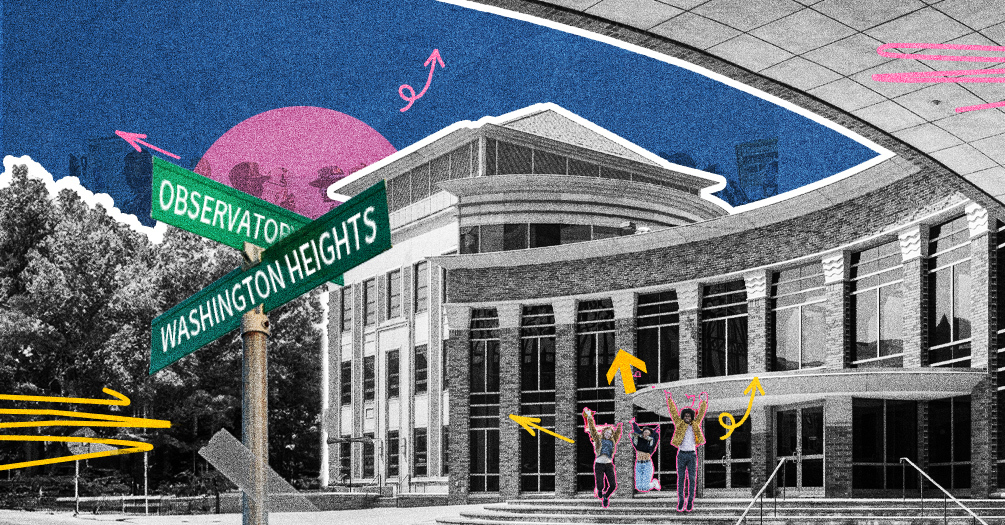
Cumulative lead exposure linked to increased Alzheimer's and dementia risk, U-M study finds
Researchers show bone lead from past environmental exposures increases dementia risk in older US adults
New U-M research reveals older adults with high cumulative lead exposure face nearly triple the Alzheimer's risk. The study suggests reducing population lead levels could prevent thousands of dementia cases annually.





